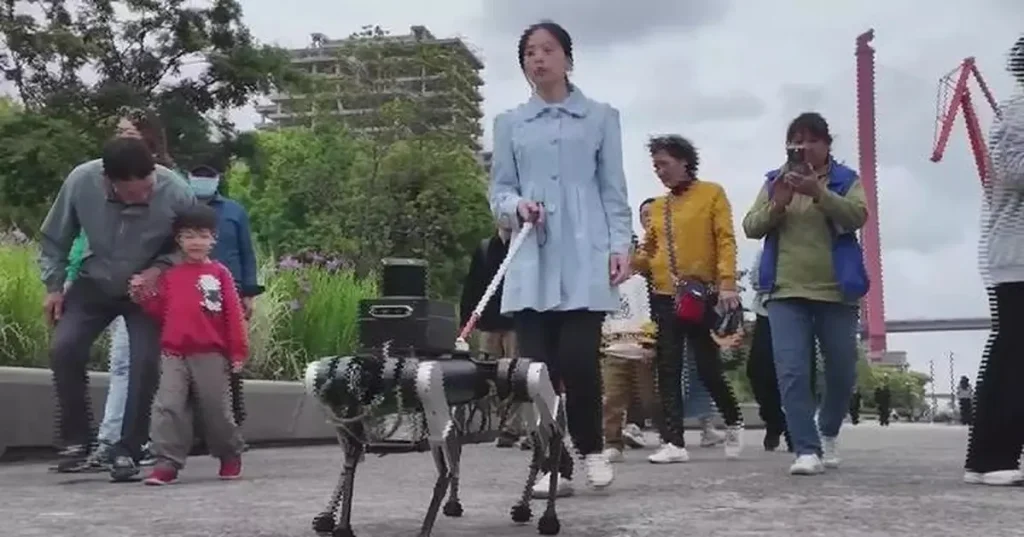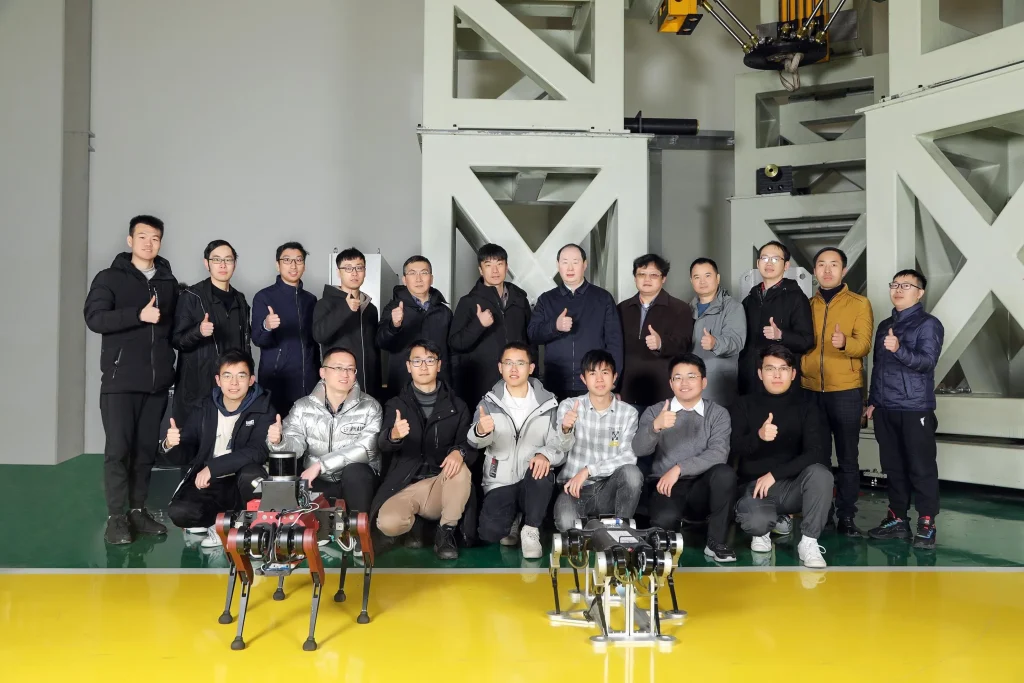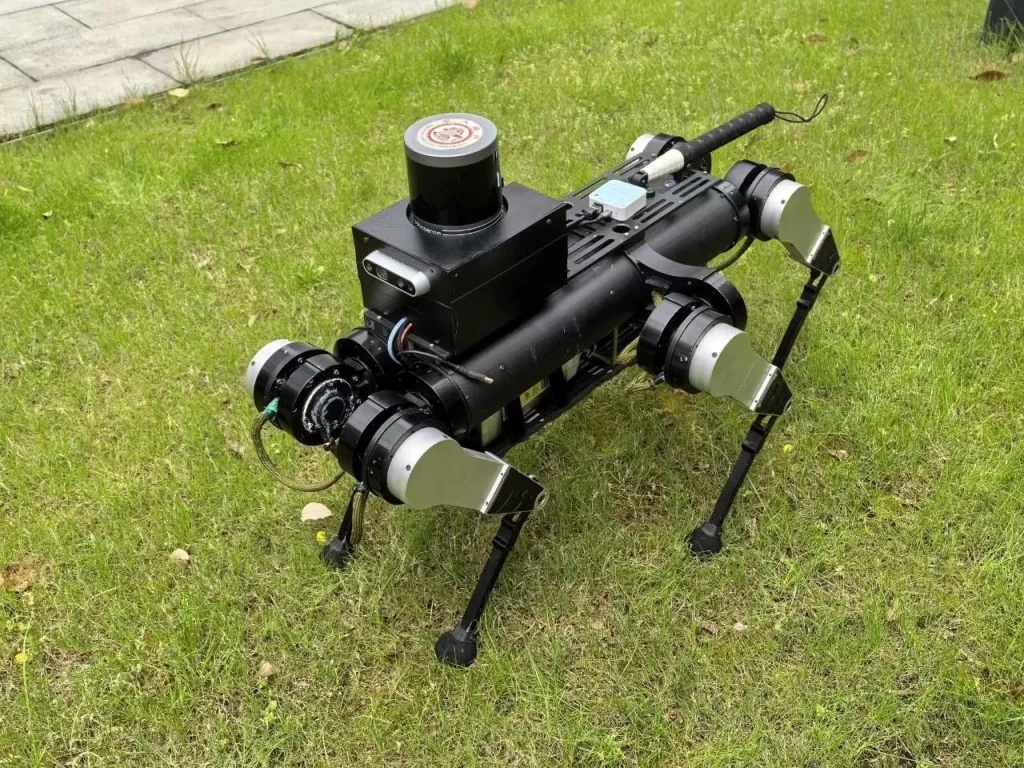Chinese researchers are advancing the development of a cutting-edge robotic guide dog. This innovative project seeks to address a critical shortfall in traditional guide dogs, which currently number just over 400 in a country with more than 17 million blind individuals.

Led by Professor Feng Gao and his team from Shanghai Jiao Tong University’s School of Mechanical Engineering, the initiative aims to deploy a six-legged AI-enhanced robodog. This robotic counterpart is designed to autonomously guide users through urban environments, leveraging advanced sensors, depth cameras, and radar. These technologies enable the bot to create 3D maps of its surroundings, navigate complex streets, plan routes, avoid obstacles dynamically, and interpret traffic signals.
Unlike biological guide dogs, the robotic version does not require regular feeding or extensive training, nor does it rely on tactile rewards. Instead, it operates on battery power, with occasional recharging, and utilizes deep-learning models for speech recognition. Users can interact with the robodog through voice commands or tactile feedback, adjusting its pace by manipulating a telescoping pole mounted on its back.

Standing roughly the size of an English Bulldog, the robodog ensures stability and smooth movement on its six legs, a design feature noted for its maneuverability and reliability. Although primarily intended for outdoor navigation, connectivity capabilities also enable its use within home environments and during emergencies.
Field testing of the robodog is currently underway, with plans for commercialization in collaboration with Suochen Robot Co. While specific production timelines and pricing details have yet to be disclosed, the project represents a significant step forward in assistive technology for the visually impaired in China.

The development comes amidst stringent regulations on pet ownership and accessibility challenges faced by visually impaired individuals in public spaces. For Li Fei, who is completely blind, and her partially sighted husband Zhu Sibin, the prospect of the robodog’s availability offers hope for greater independence in daily activities such as commuting to work, visiting hospitals, and shopping without constant reliance on family or volunteers.
